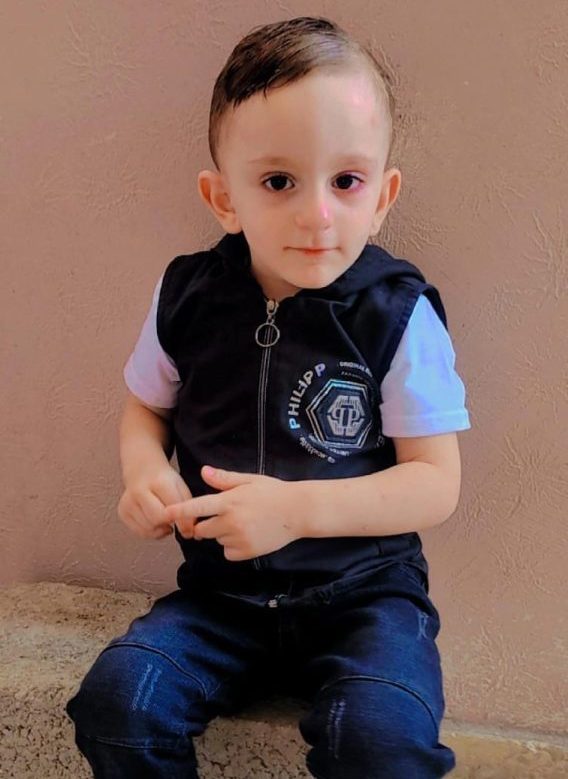
End Dignity, Not Lives: 3-Year-Old Palestinian Boy Dies in Air-Dropped Aid Incident in Southern Gaza
The tragic death of a 3-year-old Palestinian boy in southern Gaza highlights the complexities and challenges associated with aid distribution in conflict zones. The incident serves as a stark reminder of the delicate balance between providing necessary aid and ensuring the safety and dignity of vulnerable populations.
The family of the young boy has made a powerful statement, expressing their rejection of air-dropped aid and emphasizing their desire for dignity over handouts. This sentiment underscores the importance of respecting the autonomy and agency of individuals and communities in need of assistance.
While aid distribution can play a crucial role in addressing immediate humanitarian needs during conflicts and crises, it is essential for humanitarian organizations and governments to prioritize the safety and well-being of those they seek to help. The incident in Gaza serves as a tragic example of the unintended consequences that can arise when aid delivery methods are not carefully planned and implemented.
Furthermore, the incident raises important questions about the efficacy of air-dropping aid in densely populated and conflict-affected areas. The risks associated with this method, including the potential for harm to civilians and the lack of control over where the aid lands, highlight the need for more thoughtful and community-centered approaches to humanitarian assistance.
In light of this tragedy, it is crucial for humanitarian actors to engage in meaningful dialogue with affected communities to better understand their needs, preferences, and concerns regarding aid delivery. By centering the voices and agency of those in need, humanitarian organizations can ensure that their interventions are respectful, effective, and empowering.
Ultimately, the death of the young Palestinian boy in Gaza serves as a sobering reminder of the human cost of conflicts and the importance of upholding the dignity and rights of all individuals, even in the midst of crises. It is imperative for all stakeholders involved in humanitarian response efforts to prioritize the safety, dignity, and well-being of those they seek to assist, and to work towards more inclusive and community-driven approaches to aid distribution.
